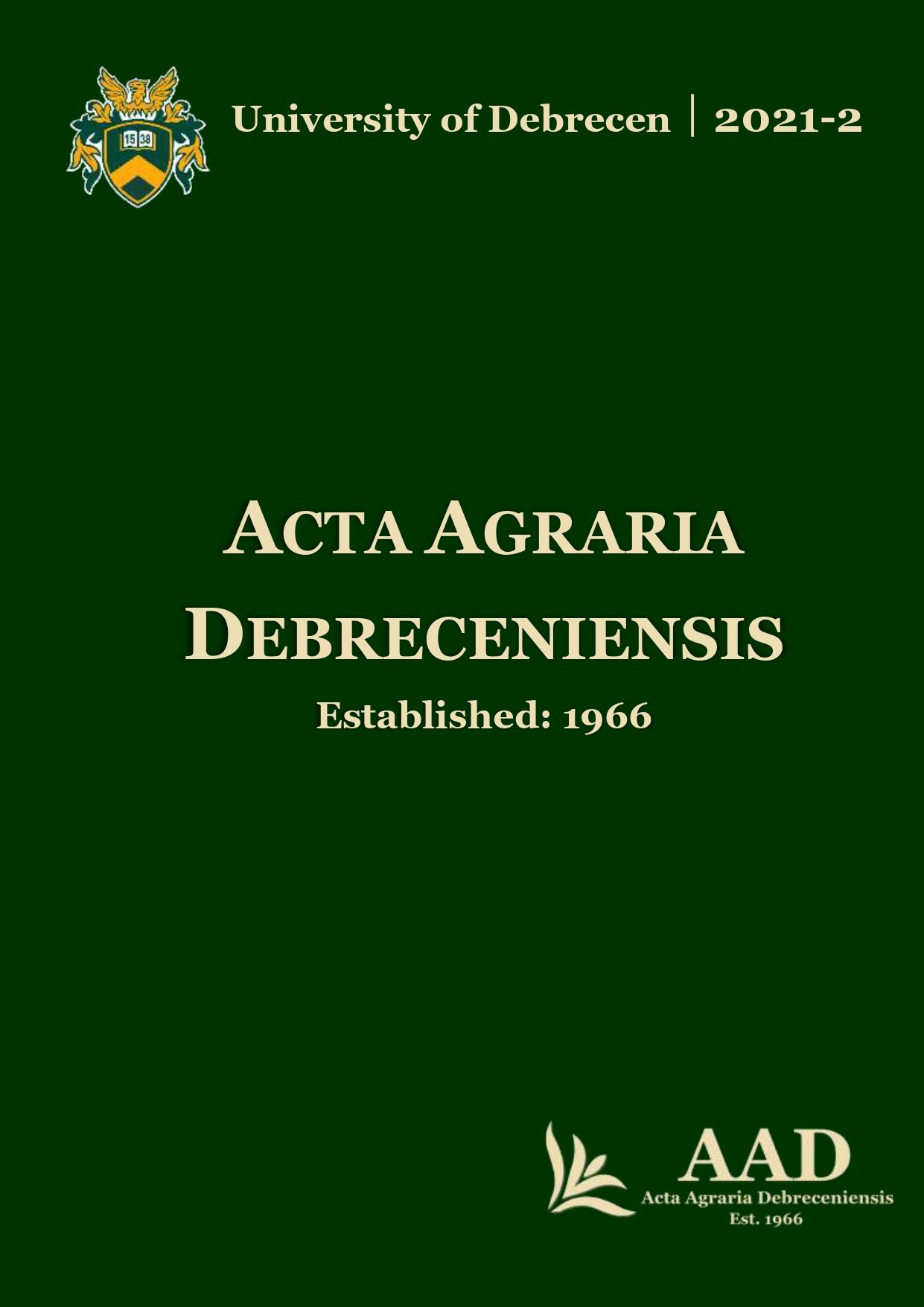Effect of arginine, putrescine and spermidine on the polyamine, proline and chlorophyll content of tobacco (Nicotiana tabacum L.)
Authors
View
Keywords
License
Copyright (c) 2021 by the Author(s)

This work is licensed under a Creative Commons Attribution 4.0 International License.
How To Cite
Accepted 2021-11-02
Published 2021-12-08
Abstract
Polyamines, such as spermidine (Spd) spermine (Spm) and their direct precursor, the diamine putrescine (Put) are vital and essential aliphatic amines which are also present in plants. Although ethylene and polyamines are also involved in fruit ripening, the genes coding them must also take part in other biosynthetic pathways. In the ethylene and polyamines play an important role in development of salt stress tolerance, and in responses for biotic and abiotic stresses. Exogenous application of all three main polyamines (Put, Spd, Spm) increase salt tolerance of plants, but, accordingly to previous experiments, spermidine has the main effect on the enhancement of salt tolerance. Nicotiana tabacum L. plants were grown in vitro on MS medium, the treatments were as follows: arginine (150 mg l-1), putrescine (10 mg l-1), spermidine (10
mg l-1). Proline, chlorophyll a, b and polyamine contents were measured. The obtained results show that the arginine decarboxylase and the spermidine synthase genes involved in polyamine metabolism, cannot be enhanced by exogenous addition of their precursor molecules. On the contrary, the spermine synthase gene has a positive effect to the lower-class forms of polyamines.

 https://doi.org/10.34101/actaagrar/2/9572
https://doi.org/10.34101/actaagrar/2/9572